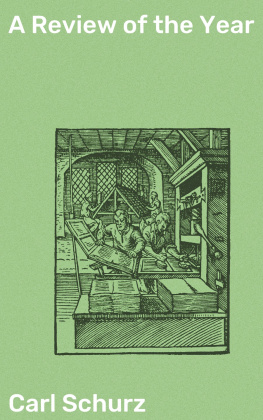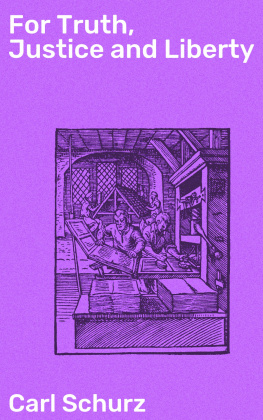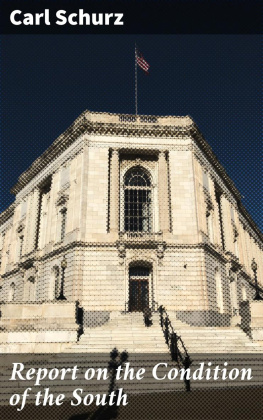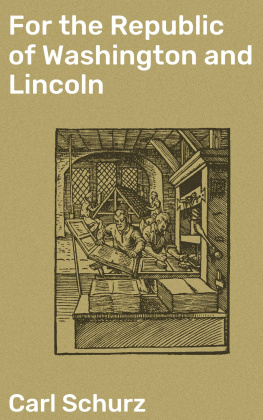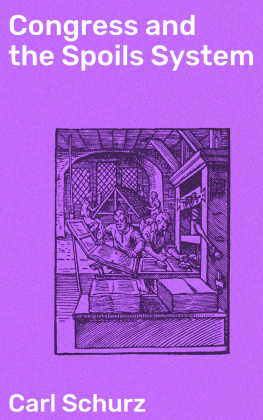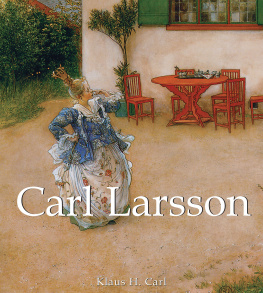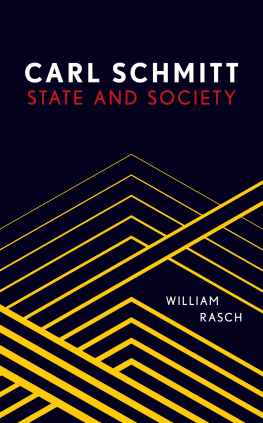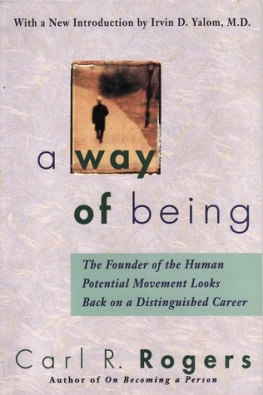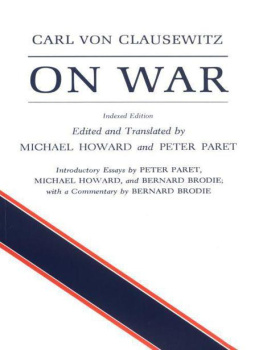A Review of the Year
Table of Contents
An Address delivered at the Annual Meeting of the National Civil Service Reform League at Baltimore, Md., December 15, 1898.
I t was in this hall that, six years ago, my predecessor, George William Curtis, whose memory is reverently and affectionately cherished by us all, delivered the last of his annual addressesaddresses which never failed to instruct our judgment, to strengthen our faith, to inspire our efforts, and to lift us up to a higher conception of patriotic duty. After having, with the peculiar grace and force of his eloquence, discussed the evils and dangers flowing from the use of official patronage as party spoil, he proceeded, as had always been his wont on similar occasions, to review the conduct of those in power, as that conduct had served to advance or to hinder the reform of the civil service; and in doing so he pronounced praise or censure, according to the facts before him, in a spirit of justice and fairness, without fear or favor. In his annual address of 1886 he declared:
This League is the only organized and authentic national representative of the reform sentiment. I challenge any man to show that it has in any degree, or at any time, betrayed the trust voluntarily assumed by it, with the approval of the locally organized friends of reform, of honestly and adequately representing that sentiment, and its criticisms and demands upon political parties and public men. The League has pandered to no personal ambition, to no party purpose. It has been no man's instrument, nor has it been the organ of any faction.
I trust the League deserves this definition of its character and attitude to-day as much as it deserved it twelve years ago, and that it will always deserve it while it lives. Indeed, if it ever ceased to be perfectly non-partisan as between political parties, and perfectly impartial as between persons, it would forfeit all claim to public confidence, and all possibility of public usefulness. And this I am confident it never will, so long at least as you and I have any part in its direction.
Our record will bear me out when I say, that we have always been heartily glad to praise and heartily sorry, even reluctant, to blame, when our duty demanded it. And so we are now. But at present we find ourselves, much against our liking, compelled to recognize the fact that in the year now ending the cause of civil service reform has been less prosperous than in the year which preceded it. In saying this, I have the national service especially in mind.
President McKinley, was elected on a platform which declared that: The civil service law was placed on the Statute book by the Republican party, which has always sustained it, and we renew our repeated declaration that it should be thoroughly and honestly enforced, and extended wherever practicable. In his letter of acceptance and his inaugural address he emphatically accepted this platform, and pledged himself that under his administration there should be no backward step. These pledges clearly covered the extension and the scope of the civil service rules made by President Cleveland, which had long been published and sufficiently discussed by the public press to bring them to the knowledge of every intelligent person in any manner interested in public affairs. At our last annual meeting, at Cincinnati, the League whenever opportunity offered, was profuse in its praise of the fidelity with which President McKinley had withstood the pressure of the spoils politicians urging him to rescind President Cleveland's order, and with which he had upheld the integrity of the merit system as far as it then existed; and gladly were some delinquencies of minor importance overlooked which, occurring here and there, it was hoped would be promptly corrected by the administration as soon as its attention were invited to them. In short, the League in every possible manner expressed its confidence in the President's intention to make good the solemn pledges of his party, as well as his own, and it left nothing undone to assist him in doing so, by offering such information as was at its disposal, and such suggestions as occasion seemed to demand. And it must be added that the President uniformly received such information and such suggestions with great courtesy, and with the assurance that they would have his earnest consideration.
But some time ago he gave us to understand that he purposed to issue an order excepting certain important classes of offices from the operation of the civil service law, against which we thought it our duty respectfully to remonstrate, hoping to convince him that such exceptions were unnecessary and would be injurious to the public interest. When the report that such an order would after all be issued continued to appear, the League thought it proper to submit to him a more formal protest, which has been spread before the public, together with elaborate briefs showing in detail how uncalled for, as we thought, as well as how hurtful, such curtailments of the merit system would be.
So far the order in question has not appeared, but we have no assurance of any sort that the President has changed his mind as to his intention to issue it. Under these circumstances I can only repeat the appeal made to him by the General and Executive Committees of the League in these words:
We believe that changes, whereby positions and classes of positions are now removed permanently from the classified service, will be accepted not only as a step backward, but as proof that the system is not regarded by the present administration as here, and here to stay, and will inevitably awaken doubts as to the sincerity of repeated declarations of the party now dominant in national affairs that the law establishing it shall be thoroughly and honestly enforced and extended wherever practicable. How far this view of the action said to be contemplated would be just or reasonable, we do not think it needful to discuss: we lay before you our conviction that it would be the view taken, in fact, by the intelligent public, that it would impair the confidence of many patriotic Americans in the honor and good faith of their government, and that it would encourage the pernicious activity of men interested in our polities principally as a means of securing selfish advantage. We urge earnestly, that these grave evils may be guarded against. And I may add that if the President should after all decide to abstain from issuing such an order that decision would be welcomed by the advocates of civil service reform with hearty gratitude.
It is not suprprising that the frequent recurrence of the announcement coming from Washington, that the President was resolved to except certain classes of officers from the operation of the civil service law, should have had a somewhat unsettling effect upon those branches of the service which were reported to be most concerned. It being, for instance, taken for certain that the Deputy Internal Revenue collectors would be excluded from the classified service, many Internal Revenue collectors proceeded to remove their deputies and appointed others without the slightest regard for the civil service rules, defending their lawless conduct by the pretense that they were only anticipating an Executive order, which they believed was sure to come.
The Treasury Department, indeed, in one or two cases, addressed to the officers concerned a mild remonstrance against so flagrant a breach of discipline, apt to demoralize the whole service by contagious example, but when the remonstrance proved unavailing, no further steps to punish the offenders or to prevent repetition of the same offence were taken.


